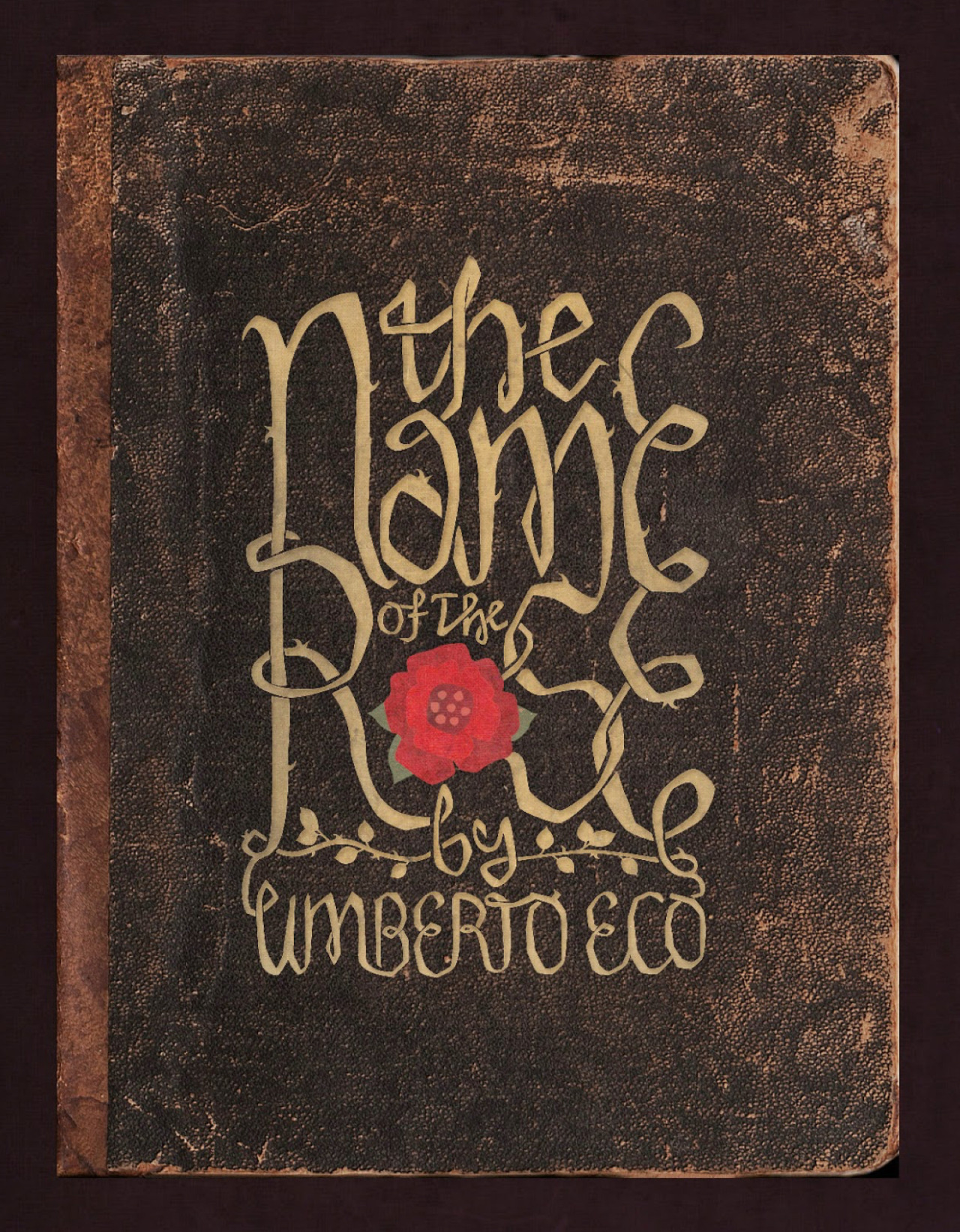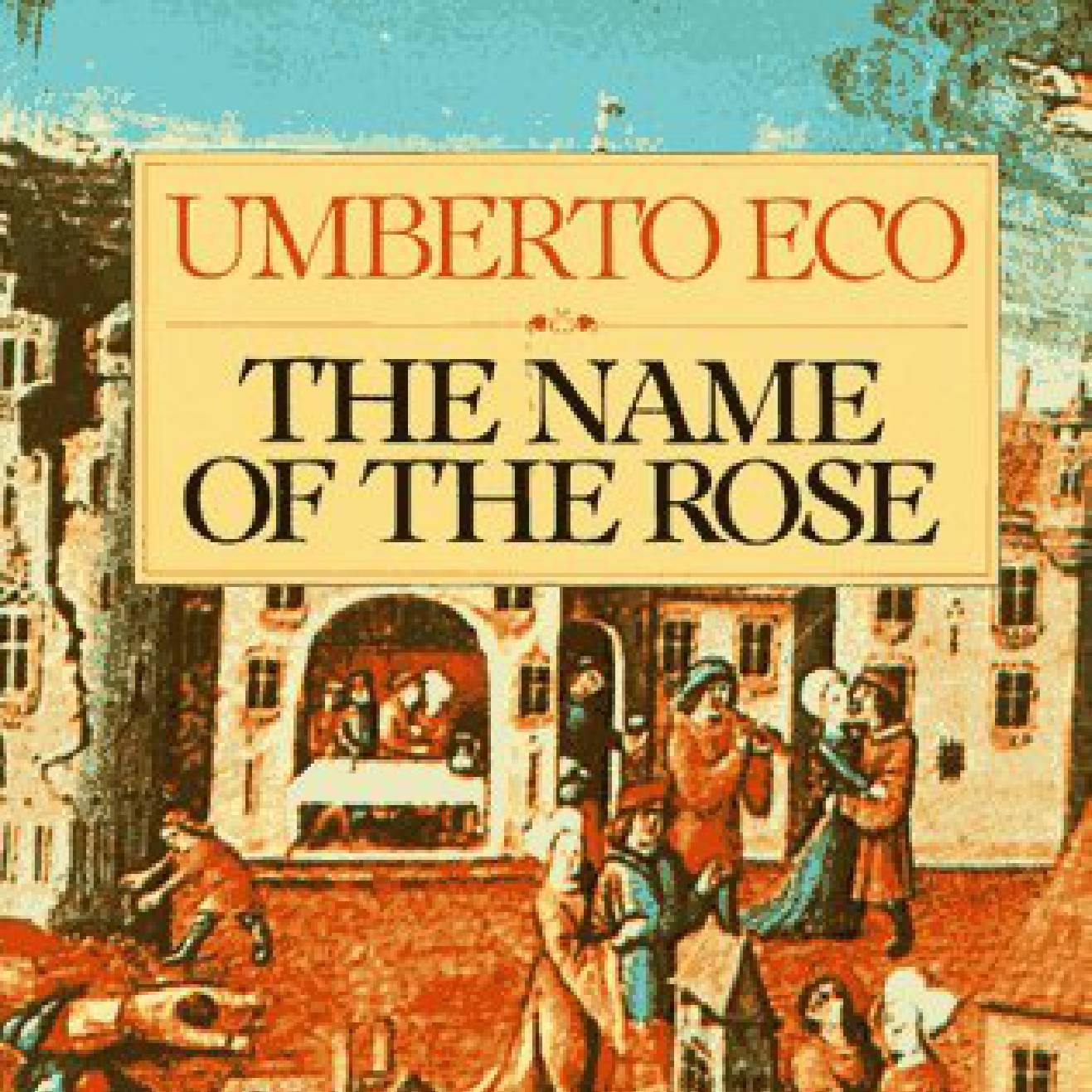
One professor of Spanish Literature and I were the only ones who actually loved the book (YES, I'm getting there.) the others poo-poohed it, but my friend and I felt vindicated by John Updike's fulsome full page positive essay on the book, found in the New Yorker of September 198?).Ĭomes January 2020, and by fortunate chance I find Postscript to The Name of the Rose in the public library. It was magical, and 6 or 8 months later I persuaded the reading group I was in (4 couples, four faculty at two respected universities and their spouses) to read the English version. I worked HARD to get through it, but I knew that the fall semester's course on the book would be crowded with full-time job, husband and 3 children, so I had to get through it a first time with no outside pressure.



I had a spiral notebook specifically for vocabulary and my own comments and questions. To begin with, I had spent a whole summer (after 4 semesters of Italian) reading Il Nome della Rosa in Italian. In addition to commentary and self-criticism, it is a handbook on ways to write a solid novel. This little book should be read by classicists, historians of medieval literature, specialists in Romance language lit, and American lit and Brit Lit novelists, poets, careful readers, admirers of genius translation. It's a very quick read with a ton of thought provoking ideas packed between its covers. If you're into literary theory, you get a bit of that too as he talks about his literary theories, reassesses some of his opinions from the early 1960s and discusses what constitutes postmodernism. Something about the idea just makes you want to try it. Sound familiar? Oh, and it finishes up with an unintentional writing prompt: the only mystery plot that remains unwritten is the book where the reader is the murderer. My favorite example is that he did a year of world-building and invented characters he doesn't put into the novel, but he needed to know who they were in order to proceed. If you write genre fiction and understand that he believes it is inferior to literary fiction, you will be amused to see that his writing process sounds exactly like what you do to write your stories.

He also explains why the book has such a slow, difficult beginning (he intentionally ignored the advice of friends and his editor to test your patience before letting you into the story). The book answers my question about why in the name of sanity Eco stops the action repeatedly to insert things like a long description of a tympanum (it's something a medieval writer would have done). If you've read the novel, if you are a fiction writer, or if you're into literary theory, you should probably pick up this book. This book is an interesting peek into Umberto Eco's thoughts about his novel The Name of the Rose.


 0 kommentar(er)
0 kommentar(er)
